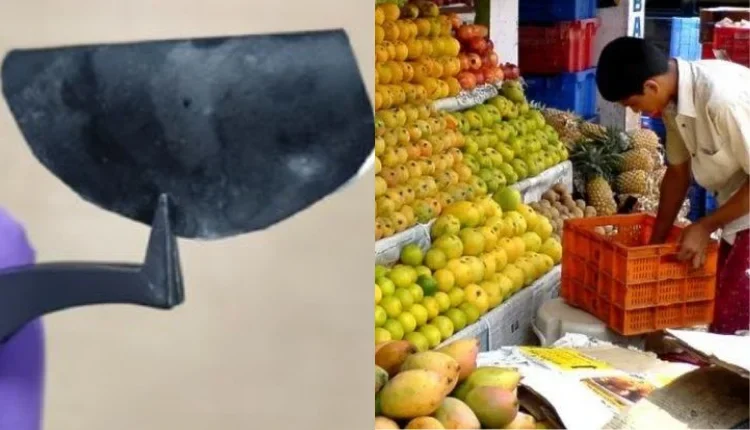Perishable Agricultural Products: Government schemes and programs to make perishable agricultural products profitable
Perishable Agricultural Products: A large number of people in India depend on agriculture for their livelihood. India is one of the leading countries in the world in the production of perishable agricultural and horticultural products such as tomatoes, onions, potatoes, fruits and vegetables etc. But due to the fragile nature of these products, farmers often have to suffer huge losses. In such a situation, many schemes and programs are being run by the government to provide profitable prices to the farmers, which aim to strengthen the agricultural sector and increase the income of farmers.
The objective of the government is clear that it provides farmers a profitable price for their produce and protects them from market volatility. Special schemes for perishable agricultural products, such as Market Intervention Scheme, price difference payment system and assistance in storage and transportation, provide better security cover to the farmers. About this, Minister of State for Agriculture and Farmers Welfare Ram Nath Thakur gave information in a written reply in the Rajya Sabha on 4 April 2025.
Agricultural marketing: A state subject
According to the Constitution, agricultural marketing comes under the state governments. However, the central government also plays its role in this area, especially when it comes to keeping the prices of agricultural products stable at the national level and getting remunerative prices to the farmers. The prices of perishable agricultural products are often affected by various factors such as demand and supply, seasonal effects, storage capacity, trade policies, taxes and duties.
Central Government Measures To Provide Remunerative Prices
The central government makes policy interventions from time to time to balance the volatility in the prices of agricultural and horticultural products. For this, the Market Intervention Scheme (MIS) has been implemented under the Pradhan Mantri Annadata Aay Sanrakshan Abhiyan (PM-ASHA). This scheme is specifically for crops that perish quickly and do not come under the Price Support Scheme (PSS).
The objective of MIS is to provide relief to farmers in a situation when market prices fall due to excessive production and farmers have to sell their produce at prices lower than the cost. This scheme is implemented at the request of the State or Union Territory Governments, which are willing to bear a certain percentage of the losses under the scheme – generally 50 per cent and 25 per cent for North-Eastern States.
New Changes For 2024-25 Session
The government has introduced a new component of Price Deficiency Payment (PDP) under the Market Intervention Scheme from the 2024-25 session. Under this, farmers will be paid directly the difference between the Market Intervention Price (MIP) and the actual selling price. This measure is especially useful when physical purchase of the crop is not possible or not practical.
The State Governments Have Been Given Two Options:
1. They should buy the crop directly from the farmers.
2. Or, pay the difference between the selling price and MIP directly to the farmers.
This model provides a more practical and flexible option for providing financial assistance to farmers.
Storage and Transportation Arrangements
A major problem in the case of perishable products is the lack of suitable storage and transportation arrangements. To overcome this challenge, the government has provided another new component to the central nodal agencies, under which the storage and transportation costs of top crops (tomato, onion and potato) will be reimbursed from the 2024-25 session. Its objective is to transport these crops from the producing states to the consumer states, so that farmers can get their fair price and consumers also get relief.
Digital and infrastructural measures
The government is also taking several steps to promote digital and physical infrastructure:
National Agriculture Market (e-NAM): An online platform that allows farmers to sell their products in a transparent and competitive manner.
Agmarknet Portal: This portal compiles information on the price of agricultural products and provides timely market information to farmers.
Agriculture Infrastructure Fund (AIF): Under this, interest subsidy and loan assistance is given for the development of post-harvest infrastructure like storage, cold storage, grading-sorting units, processing units etc.
ISAM Scheme: This scheme promotes scientific and modern storage facilities, so that perishable products can be preserved for a long time.
Contact us – If farmers want to share any valuable information or experiences related to farming, they can connect with us via phone or WhatsApp at 9599273766 or you can write to us at “[email protected]”. Through Kisan of India, we will convey your message to the people, because we believe that if the farmers are advanced then the country is happy.



